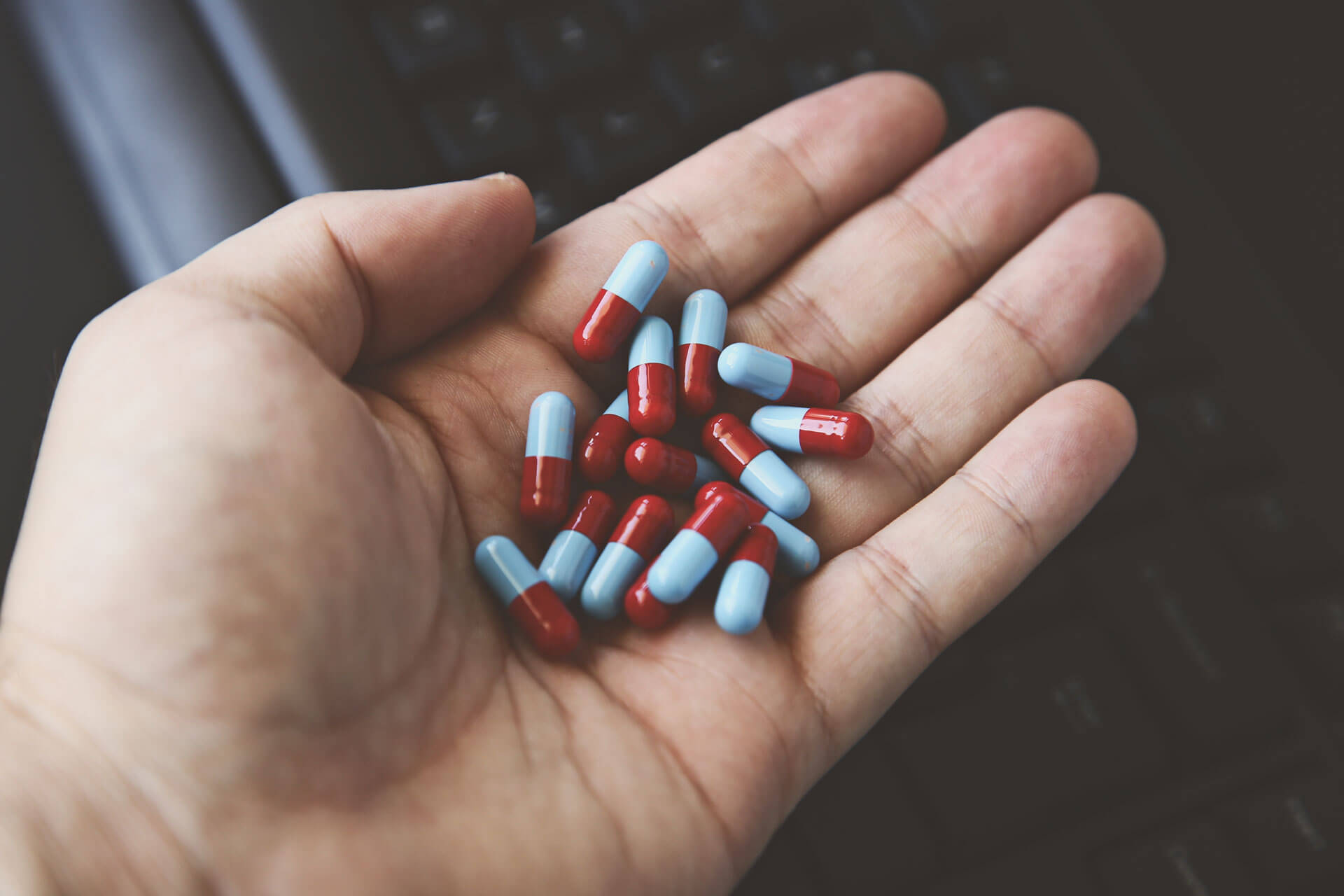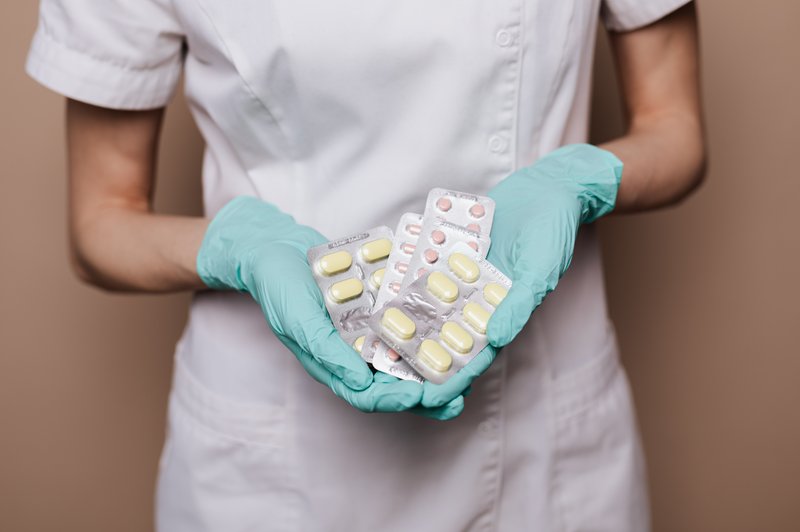What Drugs Are Considered Opioids? Opioids are narcotic drugs with natural opium or synthetically developed to replicate opium’s natural effects. Opium is a substance that comes from the seeds of the opium poppy plant. The U.S. is currently in the middle of an opioid epidemic. According to the Minnesota Department of Health (MDH), the US makes up 80% of the world’s opioids prescriptions. Furthermore, 70% of the US drug overdose deaths in 2018 were related to opioids. The number of drug overdose deaths was over 67,000, while the number of opioid overdose deaths was over 46,000. Thus, your health and life need to get help for opposite use disorder as soon as possible. A facility that offers personalized treatment plans like The Detox Center of Los Angeles is an ideal place to get help.

Types of Opioids
There are three main types of opioids. The kind of opiate depends on if it has natural or synthesized opium.
- Natural Opiates: Opiates are naturally synthesized opioids. Examples include codeine, morphine, and more.
- Synthetic Opioids: Synthetic opioids are opioids that are entirely manufactured and give effects similar to those of natural opium. Examples of synthetic opioids include methadone, fentanyl, and more.
- Semi-synthetic Opioids: Semi-synthetic opioids are opioids that are partly natural and partly synthesized. Examples include heroin, hydrocodone, oxycodone, hydromorphone, and more.
How Do Opioids Affect the Brain?
There are opioid receptors on cells present in various parts of your body, including the spinal cord, brain, and other organs. The opioids will attach and activate these receptors. Once activated, they will release more dopamine into the brain and the rest of your body. Furthermore, they will also hinder pain signals the brain sends to the rest of the body.

What Is Opioid Misuse?
Doctors prescribe opioids for pain relief for a short period. However, they have a high chance of Opioid misuse due to their effects, availability, and other factors.
Prescription opioids are especially prone to abuse through:
- Use the medicines in a way other than the one prescribed.
- Take a dosage more than prescribed.
- Use of another person’s medicine.
- Use of opioids for recreational purposes.
Opioids can be misused in various forms. The methods of opioids abuse include:
- Try could swallow a dose as it is.
- Open capsules or crush pills to dissolve the powder with water or alcohol.
- Snort the powder from tablets or capsules.
- Inject dissolved medication into your veins.
You should be wary about mixing substances because they can form deadly combinations, especially alcohol and opioids. Furthermore, a combination of opioid use disorder and co-occurring mental issues like bipolar disorder calls for immediate help.
Opioid Tolerance Vs. Dependence Vs. Use Disorder
Opioid use disorder can advance from tolerance to dependence and into a substance use disorder. Tolerance means that you will need more frequent and higher doses to experience the desired effects. People under long term opioid prescriptions are likely to develop a tolerance for the drugs.
Repeated use causes dependence. Your neurons will adapt to the drug’s presence and action and function generally after using the drug. The absence of drugs causes withdrawal symptoms.
Opioid use disorder is a chronic disease. Use disorder is defined by uncontrollable or compulsive need to use the drug despite the adverse effects.

What Are The Symptoms of Opioid Abuse?
You can use the following symptoms to determine if a loved one is abusing opioids:
- Lack of motivation.
- Drug paraphernalia.
- Change in weight and appetite.
- Social withdrawal.
- Financial strains.
- No care for personal appearance or personal hygiene.
- Abusing prescription.
- Withdrawal symptoms.
What Is Opioid Overdose?
An overdose is an abuse case where an individual displays critical symptoms or death. People overdose by using too much of a substance or combining two or more substances. Combinations of opioids and alcohol or benzodiazepines can be deadly because both substances are central nervous systems depressants.
Symptoms of an overdose include:
- Unconsciousness.
- Constricted pupils.
- Confusion.
- Shallow or restricted breathing.
- Cool or clam skin.
- Nausea.
- Vomiting.
It is essential that you get treatment for opioid tolerance, dependency, or use disorder.
Treatment for Opiate Addiction at The Detox Center of Los Angeles
Living with pain isn’t easy. If you live with pain, you may already be all too familiar with the profound effect it can have on your quality of life. If you or a loved one are struggling with substance use or addiction, contact the Substance Abuse and Mental Health Services Administration (SAMHSA) National Helpline at 1-800-662-4357 for information on support and treatment facilities in your area.
The Detox Center Of L.A is a 24/7 residential and outpatient rehab center in Los Angeles, California. We have state-of-the-art facilities, proven detox medication, holistic therapies, and a staff with over four decades of inexperience. Our main priority is to provide medical safety, nourishment, and comfort to our patients during their detox and treatment. Contact Us Today!
We give specialized and personalized approaches to ensure individuals recover safely, avoid relapse, and achieve long term recovery. Our patients usually advance through three treatment phases: detox, inpatient treatment, and outpatient treatment.
Furthermore, we also offer various therapy forms crucial for treating use disorder for opioids and other substances. Examples include individual therapy, group therapy, family therapy, cognitive behavior therapy, 12-step programs, and more.

We also help individuals overcome co-occurring disorders like bipolar disorder, depression, anxiety, or more. Our team consists of therapists, case managers, and counselors. We encourage you to slow down, take time, and dedicate it to using a suitable recovery plan.
Furthermore, we equip you with various skills you can apply to grow your life and cope with multiple triggers and cravings. Contact us now to discuss and understand your treatment needs as well as get a personalized treatment plan.
Final Thoughts…
Opioids are narcotic drugs derived naturally from opium or synthetically manufactured to mimic its effects. There are three types of opioids, depending on their composition. They include natural opiates like morphine and codeine, semi-synthesized opioids like heroin, or synthesized opioids.
Doctors usually prescribe opioids. Out of 300 million prescriptions given worldwide in 2015, 80% were prescriptions for Americans. Moreover, most drug overdose deaths are opioid-related.
People can easily misuse opioids if they take someone’s medication, use it contrary to a doctor’s prescription, and use opioids for recreational purposes.
These can easily lead to increased opioid tolerance, dependence, and use disorder. There are various methods of opioid intake. They include swallowing, dissolving the powder in water or alcohol, or injection dissolved opioids. Mixing opioids and alcohol can easily cause an overdose. Opioids overdose can be fatal. Individuals display symptoms such as inconvenience, vomiting, shortness in breath, confusion, constricted pupils, and more.
Treatment for opioid use disorder includes a combination of detox, medication, and therapy. The Detox Center of Los Angeles offers these approaches to use disorder through personalized treatment.






